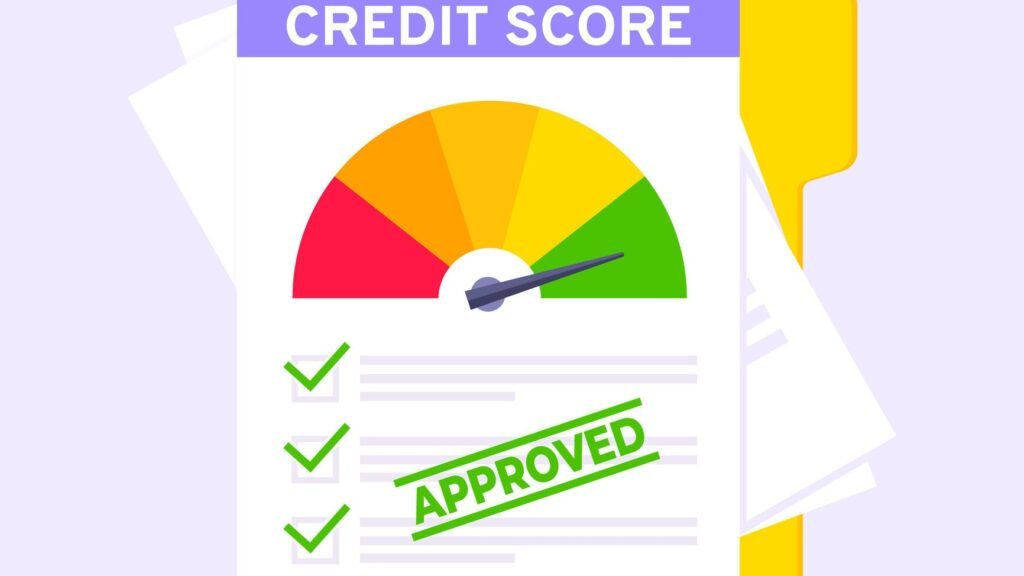
Identifying Unethical Practices: An Overview of the Problem
Unethical practices span across various industries and can take many different forms, making them a complex problem to identify. It is important to understand the underlying factors that contribute to these practices and be able to recognize the signs of unethical behavior.
One common characteristic of unethical practices is a disregard for moral principles and a focus on personal gain at the expense of others. This can manifest in actions such as bribery, fraud, or exploitation. It is crucial to keep in mind that unethical practices are not limited to big corporations or individuals in positions of power, but can occur at any level within an organization.
Identifying unethical practices requires a keen eye for discrepancies and inconsistencies in behavior. It involves looking beyond facades and examining actions, policies, and decision-making processes critically. By being aware of the potential indicators of unethical behavior, individuals can play an active role in exposing and addressing these problems, ultimately working towards a more ethical and accountable society.
The Impact of Unethical Practices on Individuals and Society
Unethical practices can have far-reaching consequences, both for individuals and society at large. At an individual level, those who fall victim to such practices experience a range of negative effects. For instance, employees who are subjected to workplace exploitation may suffer from physical and emotional stress, leading to decreased job satisfaction and overall well-being. Furthermore, individuals who are defrauded or deceived by unethical businesses can face significant financial losses, which can have a ripple effect on their ability to meet basic needs and achieve financial stability. These adverse impacts on individuals can cause a loss of trust and confidence in institutions, damaging the fabric of society.
On a broader societal level, the impact of unethical practices can be equally detrimental. When unethical behavior is prevalent, it erodes the foundation of trust that binds communities together. This erosion can weaken social cohesion and result in a breakdown of relationships and cooperation. Moreover, unethical practices can lead to unequal distribution of resources and opportunities, exacerbating existing inequalities within society. This not only perpetuates social injustices but also hampers economic growth and development. The negative consequences of unethical practices ultimately create divisions within society and hinder progress towards a harmonious and equitable community.
Case Studies: Examples of Unethical Practices in Various Industries
In the world of business, unethical practices can be found in various industries. One such example is the pharmaceutical industry. In recent years, there have been numerous cases of pharmaceutical companies engaging in unethical behavior, particularly in the marketing and promotion of their products. One well-known case is that of a major pharmaceutical company that was found guilty of illegally promoting a medication for unapproved uses, thus putting the health and safety of patients at risk. This kind of misleading marketing not only violates ethical standards but also undermines the integrity of the industry as a whole.
Another industry plagued by unethical practices is the banking sector. In the wake of the 2008 financial crisis, numerous unethical practices were exposed, revealing a culture of greed and deceit within certain financial institutions. One notable case involved a large bank that was found guilty of manipulating interest rates, leading to significant financial losses for customers and tarnishing the reputation of the industry. Such unethical behavior not only erodes public trust but also has ripple effects on the economy, destabilizing financial systems and causing harm to individuals and society as a whole.
The Role of Whistleblowers in Exposing Unethical Practices
Whistleblowers play a vital role in exposing unethical practices within various industries. These courageous individuals, often employees or former employees of an organization, have firsthand knowledge of illegal or immoral activities taking place within their workplace. By coming forward and disclosing these incidents, whistleblowers serve as a catalyst for change and accountability.
One of the key functions of whistleblowers is to bring attention to wrongdoing that might otherwise go unnoticed or be swept under the rug. They provide the necessary evidence to substantiate their claims, often risking their own personal and professional livelihoods in the process. By revealing internal malpractices or unethical behaviors, whistleblowers shed light on hidden truths and expose those who manipulate rules and regulations for their own advantage. Their actions can lead to investigations, penalties, and necessary reforms that aim to prevent similar unethical practices in the future. Whistleblowers act as agents of change, ensuring that justice is served and that organizations are held accountable for their actions.
The Importance of Ethical Leadership in Preventing Unethical Practices
In today’s competitive business landscape, the importance of ethical leadership in preventing unethical practices cannot be overstated. Ethical leaders are individuals who not only possess integrity and a strong moral compass, but also demonstrate a commitment to ethical standards and values within their organizations. By setting a positive example and upholding these values, ethical leaders create a culture of accountability and transparency that discourages unethical behavior.
One of the key ways in which ethical leadership prevents unethical practices is through the establishment of clear ethical guidelines and policies. Ethical leaders develop and communicate a code of conduct that outlines expected behaviors and the consequences for violating these standards. By clearly defining what is considered right and wrong, ethical leaders provide employees with a framework for decision-making and enable them to navigate complex ethical dilemmas. This helps to minimize the likelihood of unethical practices occurring within the organization, as employees are guided by a shared understanding of what is morally acceptable.
: Best Practices and Strategies
When it comes to reporting unethical practices, employing best practices and strategic approaches can play a crucial role in ensuring that wrongdoings are addressed and justice is served. One key strategy is to gather as much evidence as possible before making a report. This includes documenting any suspicious activities, collecting relevant documents or emails, and identifying potential witnesses who can provide additional information or testimony. By having a strong foundation of evidence, individuals who report unethical practices are better equipped to make a compelling case and increase the chances of the allegations being taken seriously.
Another important practice is to follow established reporting procedures within the organization or industry. Many companies have specific protocols in place that outline how to report unethical behavior. These procedures may include reporting to a supervisor, an ethics hotline, or a dedicated ethics office. It is crucial to understand and follow these procedures to ensure that the report is handled appropriately and to protect oneself from potential retaliation. Additionally, reporting the unethical practices to external authorities, such as regulatory bodies, can also be an effective strategy, especially when internal reporting mechanisms have failed to yield results or when the unethical practices have wider implications beyond the organization.
By adhering to best practices and employing strategic approaches, individuals can contribute to a safer and more ethical environment within their organizations and industries. It is important to remember that reporting unethical practices is not only an act of integrity but also a way to safeguard the interests of individuals and society as a whole.


